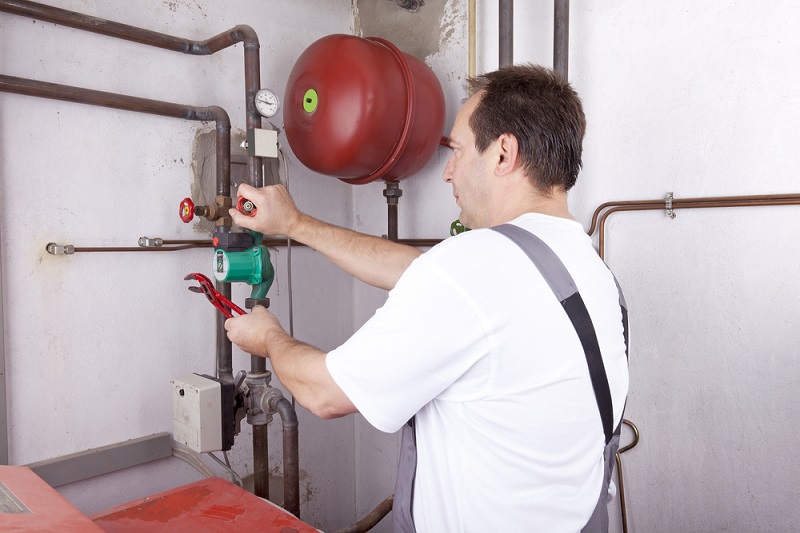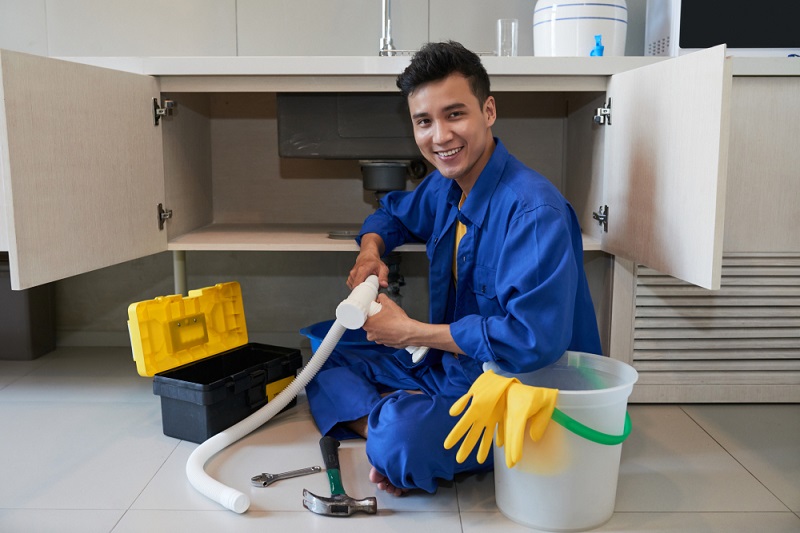Blocked drains are a common household issue, causing inconvenience and posing potential health risks. Whether it’s the kitchen sink, the bathroom drain, or the sewer line, these drainage problems can disrupt our daily routines significantly. In this comprehensive guide, we’ll explore the causes of blocked drains, provide effective DIY solutions, discuss when to call professional drain services, and share preventive measures to keep your drainage system running smoothly.
Understanding the Causes of Blocked Drains
Blocked drains can be caused by a myriad of factors. Knowing the common culprits can help you prevent future blockages and maintain a healthy drainage system. Here are some major causes of blocked drains:
- Hair and Soap: In bathrooms, hair and soap scum are the usual suspects, accumulating over time and causing blockages.
- Food Waste: In the kitchen, food particles, especially grease and oil, can harden and block the drains.
- Foreign Objects: Items like toys, wipes, and sanitary products can cause severe clogs if flushed down the toilet.
- Tree Roots: In outdoor drains, tree roots can infiltrate and block the pipes.
- Mineral Build-up: Hard water can lead to mineral deposits, narrowing the pipes and eventually causing a blockage.

Simple DIY Drain Unblocking Solutions
Before calling professional drain services, you might want to try some DIY solutions:
- Plunger: This classic tool can dislodge minor clogs effectively.
- Drain Snake: This flexible tool can reach deep into the pipe and pull out the blockage.
- Vinegar and Baking Soda: This chemical reaction can break down the clog and clear the drain.
- Wet Vacuum: A powerful wet and dry vacuum can suck the clog out.
However, remember that these methods may not always work, especially for severe clogs, and can sometimes even damage the pipes if not used correctly.
When to Call Professional Drain Services
If your DIY attempts don’t resolve the issue, it’s time to call professional drain services. Here are signs that you need professional help:
- Recurring Clogs: If the same drain keeps getting blocked, it suggests a deeper issue that needs professional attention.
- Multiple Blocked Drains: If more than one drain is blocked at the same time, it could indicate a problem with the main sewer line.
- Foul Odor: Persistent bad smells can be a sign of a serious blockage or sewer backup.
- Slow Draining: If the water is draining slowly even after your efforts to unblock it, you may need professional help.
Professional plumbers have specialized tools and expertise to accurately diagnose and resolve complex drainage problems.
Preventive Measures for Drain Maintenance
Prevention is the best remedy for blocked drains. Here are some tips to prevent blockages:
- Regular Cleaning: Regularly clean your drains to remove build-up of hair, soap scum, or food particles.
- Use Drain Guards: Drain guards can catch foreign objects and prevent them from going down the drain.
- Proper Disposal: Avoid flushing items like wipes, sanitary products, and food waste down the drain.
- Regular Inspection: Regular plumbing inspections can detect potential issues before they become bigger problems.

Conclusion
Blocked drains are a nuisance, but with knowledge and preventive measures, you can avoid many drainage problems. For stubborn blockages, don’t hesitate to call professional blocked drain services to protect your plumbing system and maintain a hassle-free household. Remember, a clear path in your drainage system paves the way for a smoother everyday life.




